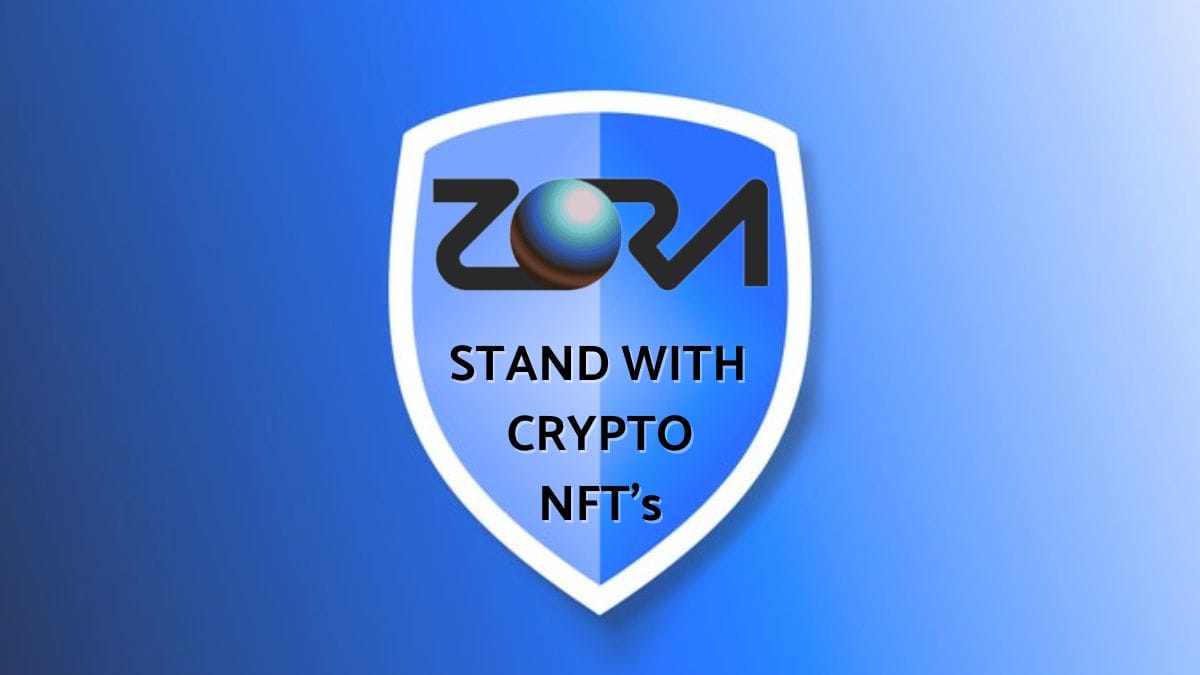Banks across Japan are trying the iBank index to spur growth

Financial institutions across Japan are testing a new fintech-powered system to spur business growth as they work to improve the banking sector and revitalize the economy.
Kiyotsugu Yoshihara, Ph.D. CEO of Data Lupe and researcher at Kyoto University, is leading a revolutionary trial to use a new index to create innovative business services that could help transform the Japanese banking industry.
As a recognized professional with a distinguished career spanning academia and finance, Yoshihara works on a ground-breaking solution called iBank Index. It aims to improve the integrity and at the same time increase the profits of financial institutions across the country.
This article closely examines the iBank index’s potential to revive corporate growth in the Japanese economy through its data-driven fintech capabilities.
What is the iBank Index?
The iBank Index is a transformative concept designed to evaluate financial institutions based on their contribution to customer development rather than traditional metrics. This ranking system assesses financial institutions on their contribution to a company’s successes and failures, and shows how beneficial each bank is to its corporate customers.
The new index recognizes banks that improve the performance of their customers. Not on the bank side.
By combining the financial data of Tokyo Shoko Research with this theory, Yoshihara was able to identify and analyze good trends and poor performance across several types of banks and credit unions across the country. In addition, he suggested using this indicator not only for public interests in finance, but also for private enterprises, thus allowing institutions to achieve an ideal balance between profit-making opportunities and societal contributions.
An innovative approach to stimulate Japan’s business sector and national economy
In 1986, Japan experienced its peak year of business activity with over 5.35 million established companies; But since then the number has steadily fallen to a worrying level. This decline indicates that the Japanese economy is in danger of falling and needs further stimulus.
As a highly regarded former CEO of Japan’s largest Shinkin Bank, Yoshihara has made it his mission to use his new iBank Index as a catalyst to revitalize and stimulate Japan’s banking industry, thereby facilitating business and economical growth. He has taken it upon himself to lead the trial across the financial sector in Japan to show that banks can be one of Japan’s most compelling drivers of development.
Which organizations support the iBank index?
The impact of Yoshihara’s pioneering research has been so profound that it managed to captivate multilateral organizations such as the Asian Development Bank (ADB), which went on to publish his work. The iBank index has also received support from Japan’s Financial Services Agency and is patented under Yoshihara’s registered number, 6754107.
Although the Japanese Ministry of Finance is not directly involved, it is still devoted to ensuring the stability of the banks through six indicators, which must be mentioned. One such measure is profitability, which is crucial to ensure long-term success and security for the banks and their customers. But however necessary it may be, its scope extends only to banking without any influence on other businesses outside these walls.
How does the iBank Index unlock a new era of self-regulation?
Essentially, the iBank Index could significantly streamline Japan’s Ministry of Finance by introducing a fintech-driven ranking system to provide greater transparency for banking institutions. This innovation can help financial institutions and businesses make better informed decisions.
The iBank Index can also allow banks to benchmark their performance against their peers, rethink their strategies, identify potential risks and rewards, and ultimately improve the customer experience in the industry. It enables self-regulation by giving banks the power to assess their performance and that of their competitors.
It is a system that can be replicated worldwide, enabling banks to better understand their market position, make smarter decisions and increase customer satisfaction. It will also help banks protect their customers from systemic risk by allowing them to assess the impact of their decisions on a wider scale.
Why does the iBank index use the ESG criteria?
Banks are an important part of any business owner’s financial journey. Yet it can be challenging to identify which ones are dedicated to investing time and resources to help these small and medium-sized enterprises (SMEs) succeed.
Yoshihara creates an inspiring atmosphere of competition between banks, while providing valuable data on proven paths to success that others can replicate. He aims to create a more open financial system by challenging each bank’s commitment to environmental, social and governance (ESG) principles to provide customers with more remarkable performance.
Regional finance is facing disruption from advancing technology, leading to rapidly converging markets worldwide and blurring distinctions between them. It raises questions about their continued relevance if the banks are unable to keep up with this pace of change.
Customer centricity is essential to the survival of financial firms; The iBank index motivates the banks to achieve this goal. Banks must go beyond traditional management indicators to remain competitive and embrace change. Moreover, integrating ESG initiatives into an institution’s evaluation system can be used to respond to customers’ changing needs.
The bottom line
The iBank index is a tool that can transform banking by leveraging an ESG-based approach through the power of visibility. It allows financial institutions to see their performance levels, and inspires a more competitive environment as each establishment strives to be the best in the financial sector.
By taking advantage of the latest advances in financial technology to create a real-time index based on accurate data, legacy financial institutions can integrate this information into their services and remain competitive with the ever-changing market. It allows them to remain relevant and even ahead of their industry.
Through this endeavor, Yoshihara expects banks to promote sustainable economic development and build a more financially inclusive system in Japan. He hopes that the iBank index will offer valuable insight for both banks and their beneficiaries, paving the way for a better future for the financial industry.























